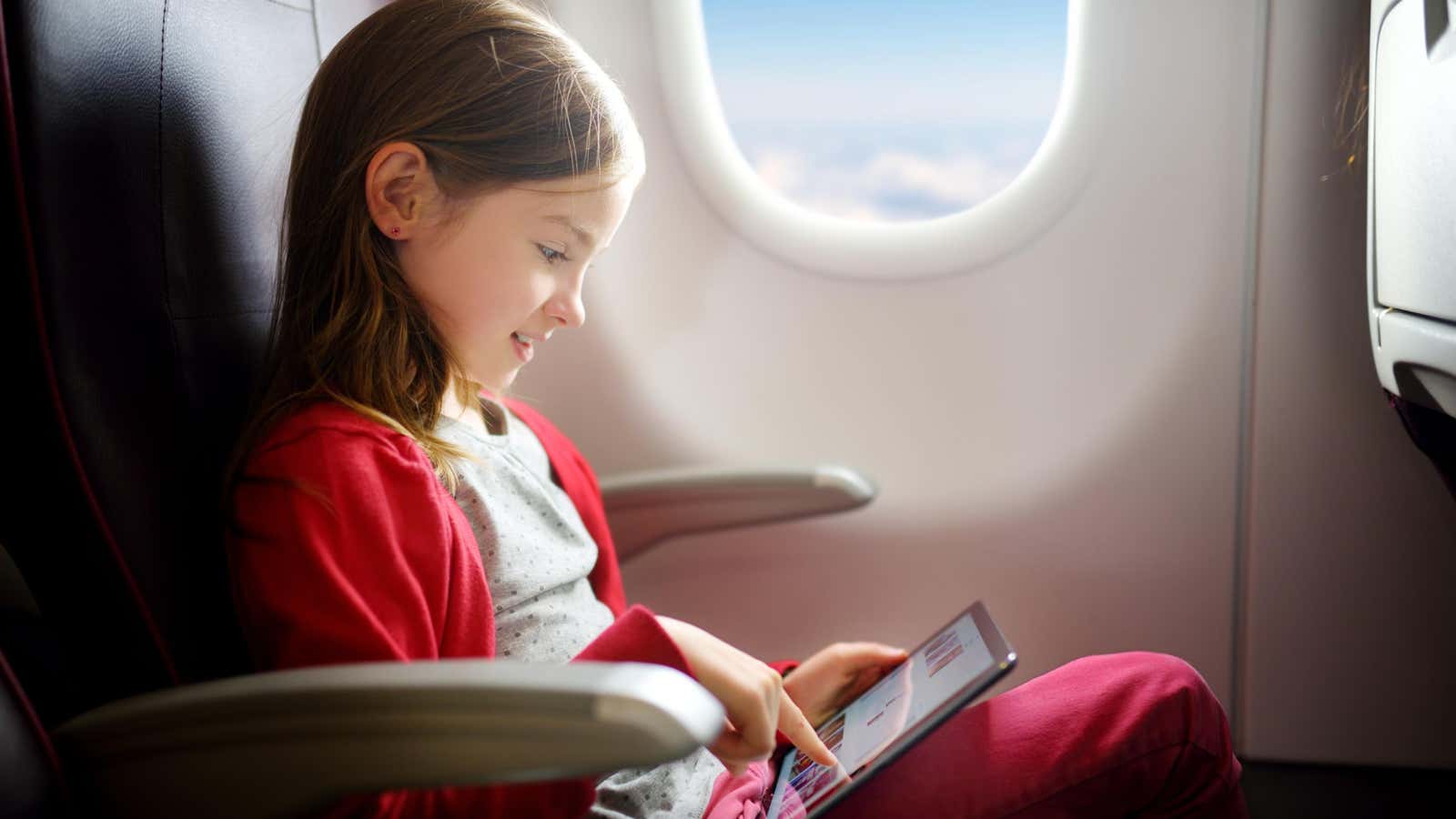How to Prepare Your Child for the First Solo Flight

While flying with young children is no walk in the park, especially if you’re afraid of flying yourself, you can at least keep your little ones in sight throughout the journey. What about travel scenarios where you need to send a child on a flight alone as an unaccompanied minor?
My mother and I remember my first solo flight a little differently. I remember being in adolescence excited about my newfound independence. She remembers being nervous and thinking about worst-case scenarios. Whether you consider yourself a bundle of nerves or not, here are some tips to help you and your child prepare for their first solo flight.
Know what to expect
Each airline has a proven protocol for transporting unaccompanied minors. Your child may fly without you, but he will never be completely alone. When you book a flight for your child, check the specific airline’s policies and resources for unaccompanied minors. Major brands such as American Airlines, Delta, and United are similar in many ways. Some of the basics to keep in mind:
- Your child must be between 5 and 14 years old.
- Booking them as an unaccompanied minor will incur a $150 surcharge.
- At the airport, your child will be given a wristband to wear on the flight to let flight attendants know they are an unaccompanied minor.
- You will be given a pass to bring your child on the outbound flight. Children are not left alone with the passage of security.
- At check-in, you or the accompanying adult must provide a photo ID, proof of address, contact phone number, and contact details of the adult meeting the unaccompanied minor at their destination.
- You must allow yourself at least 30 additional minutes at the airport on the day of your child’s departure, in addition to the recommended check-in and airport processing times.
Whichever airline you choose, you can find a specific checklist and advice on what you and your child can expect on their website.
Do some runs
This is for you as well as for your child. Talk to your child about what they will experience at the airport, such as going through security, finding the gate, and boarding the plane, so they know what to expect.
Your child will be boarded prior to normal boarding so the flight attendants can identify them and place them on the aircraft. Before and after the flight, older children may feel like they can pass through the airport on their own, but on most airlines, unaccompanied minors will require them to wait for a representative. Make sure your child knows to wait for a uniformed representative to escort them to and from the plane.
Be sure to have a designated adult ready to meet your child at the destination. They will need to show identification and sign a release form stating that they have accepted custody of your child.
Unaccompanied Minors Checklist
As we mentioned above, the airline must provide a list of tips and reminders on how to send an unaccompanied child on a flight. Here’s what this checklist should include:
- Write down your child’s phone numbers in case they need to call you or another adult.
- Pack plenty of in-flight entertainment and snacks.
- Fully charge any electronic devices, and don’t forget to bring your chargers and headphones.
- Use one small piece of hand luggage (like a backpack) for games, books, money and snacks.
- Attach ID and contact information to your child’s hand luggage or jacket.
- Include a dedicated envelope in which they can store important travel documents safely and conveniently during their trip, including boarding passes, forms for unaccompanied minors, their passport, baggage claim receipts and receipts.
- Pay attention to the form of the airline at the airport. Remind your child to only ask for help from a team member in uniform.
Consider if your child is personally ready
The airline is ready for the logistics of an unaccompanied minor. You must weigh factors such as the age, maturity and comfort level of your child before booking their solo flight.
Ask your child open-ended questions and give them the opportunity to honestly express any concerns they may have. Some questions to consider:
- Do you think your child would seek help if he needed it? How shy are they with strangers?
- Is your child too trusting? Do they understand that they should never go anywhere with an adult who is not on duty in uniform?
- Has your child already flown? Will they even know what to expect at the airport?
- Is your child responsible for personal items such as a backpack?
- How does your child usually react to anxiety?
Ultimately, your decision comes down to balancing your child’s independence with their safety. Trust in their ability to get along without you, but at the same time, make sure they know they can hit the brakes at any time if they decide they’re not ready.